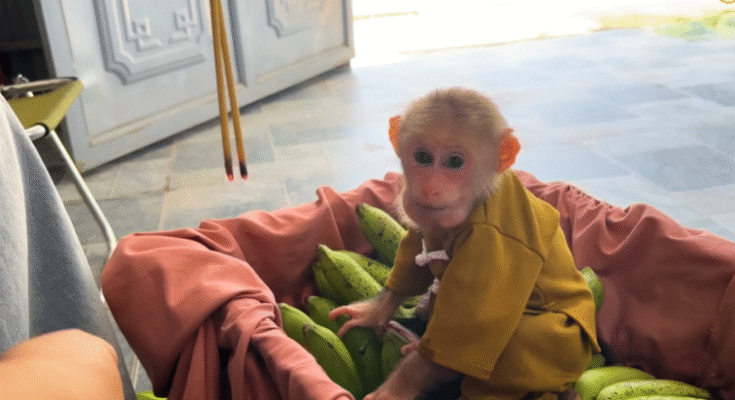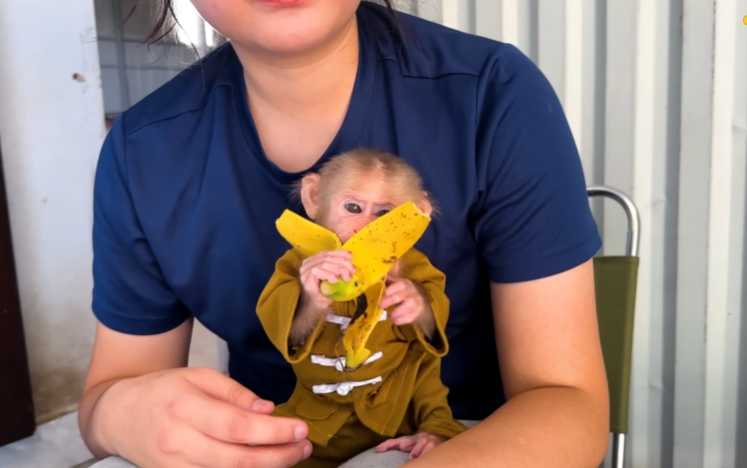
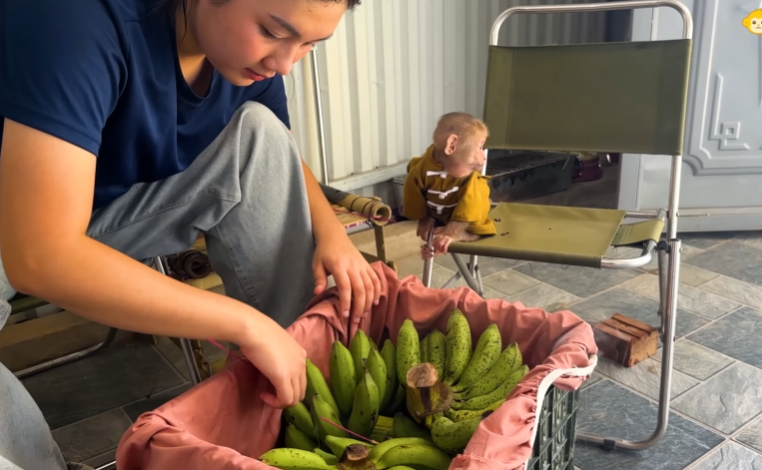
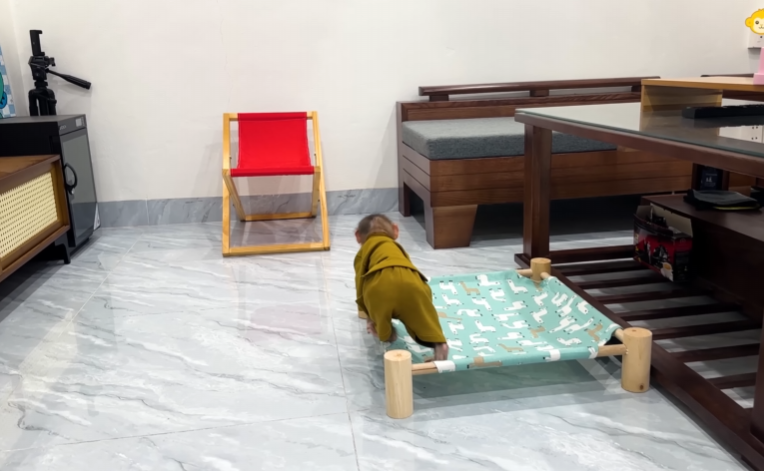


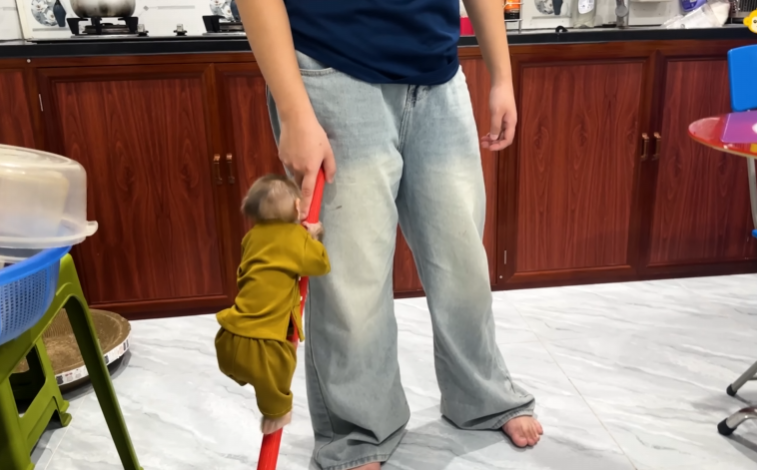
The morning sun had just peeked over the tops of the palm trees, casting a warm golden light into the small, bustling courtyard. Lala, a bright-eyed eight-year-old girl with a heart full of curiosity, woke up to the sound of her mother’s voice calling from the kitchen.
“Lala! Come help me, dear. Today is the full moon ceremony, and we have a lot to do,” Mom called, her voice gentle but busy.
Lala’s eyes widened—the full moon ceremony! She had been looking forward to it all week. In their village, the full moon was a time for gathering, giving thanks, and honoring traditions passed down for generations. The night would be filled with glowing lanterns, the sweet smell of incense, and offerings placed on a table to invite blessings for the month ahead.
She hopped out of bed, quickly washed her face, and tied her hair into two neat braids. Then she padded barefoot into the kitchen, where her mother was already hard at work.
The kitchen table was covered with baskets of fruits—bananas still on their stalks, round shiny oranges, papayas with their faint perfume, and a small pile of mangosteens. There were also bundles of fresh flowers, candles, and little paper decorations.
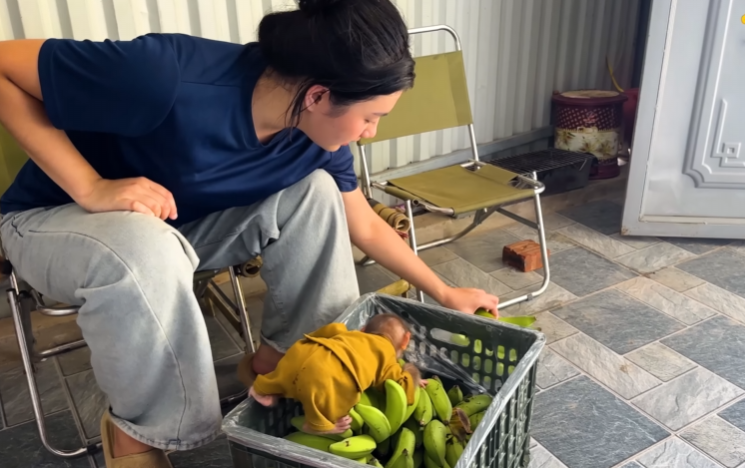
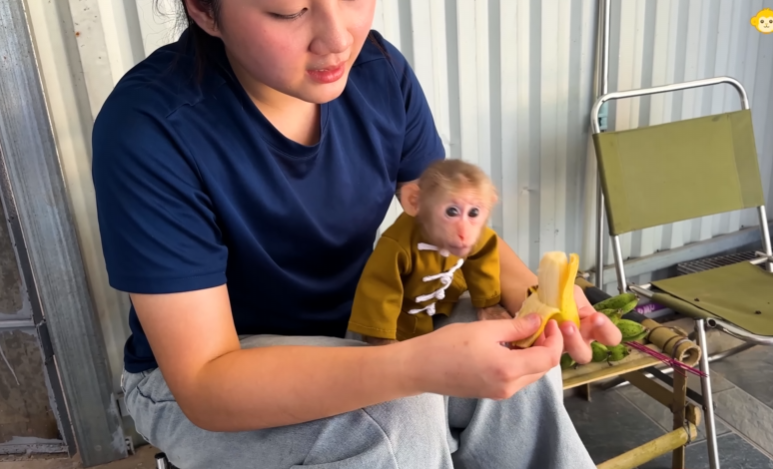
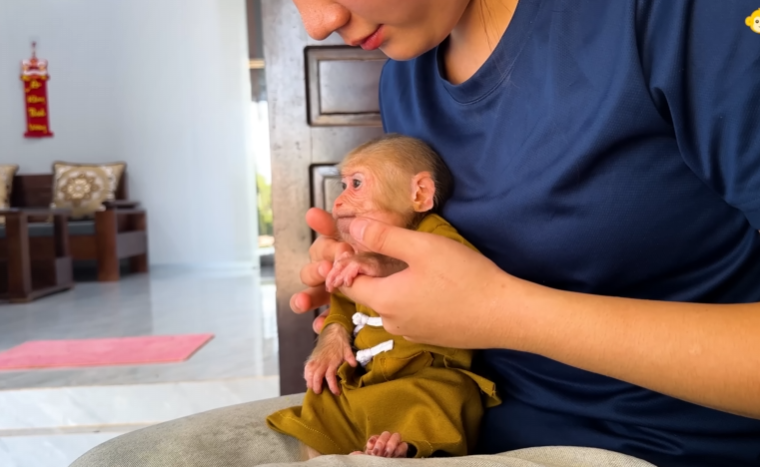
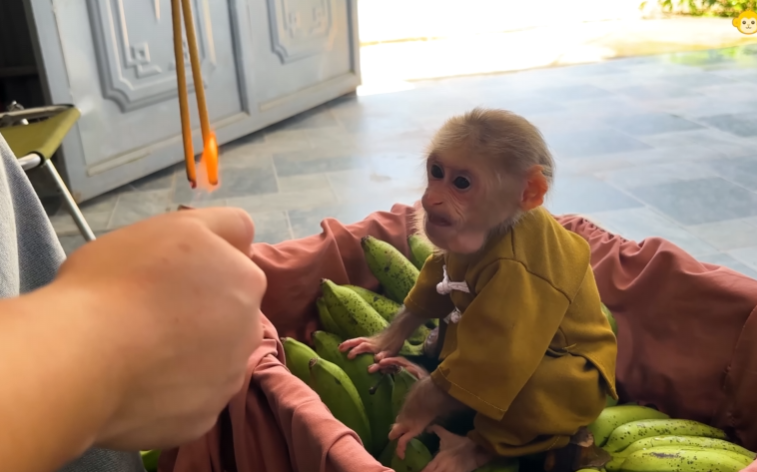
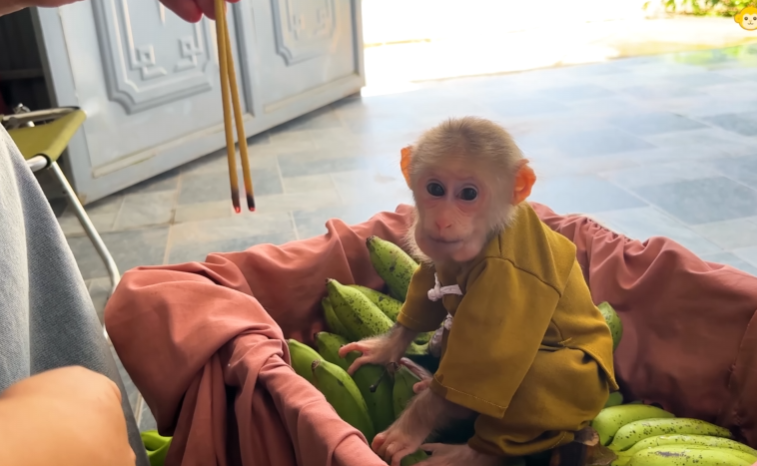
“Wow, Mom! It’s like a festival in here!” Lala exclaimed, running her fingers over the colorful fruits.
Her mother smiled. “It is a festival, Lala. The full moon is special—it’s a time to show gratitude for what we have, and to share with others. Now, let’s start by sorting the fruits for the offering.”
Lala nodded eagerly. She picked up the bananas first. “Do we put the biggest ones in front?” she asked.
“Yes,” Mom replied, “the bigger and fresher they are, the better they look for the altar. But remember, it’s not about showing off—it’s about giving our best.”
Lala took care to place the largest bananas in a woven tray, arranging them neatly. She did the same with the papayas and oranges, stacking them in little pyramids. The mangosteens she placed in a small bowl, because their purple shells were delicate.
Next came the flowers. Mom handed her a bundle of marigolds and jasmine. “These are for the altar, Lala. Can you help string them into garlands?”
Lala loved making flower garlands. Sitting cross-legged on the floor, she carefully threaded the blossoms one by one, breathing in their sweet scent. “Mom, why do we always use marigolds?” she asked.
“They’re bright and long-lasting,” Mom explained, “and their golden color is a sign of prosperity. The jasmine is for purity. Every flower we choose has a meaning.”


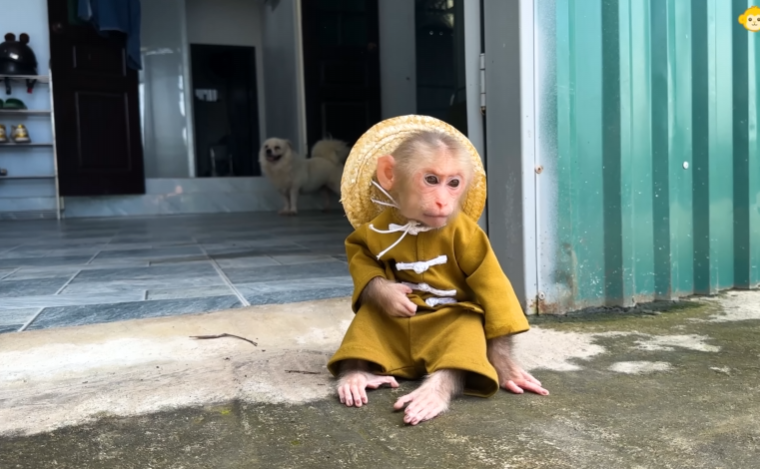
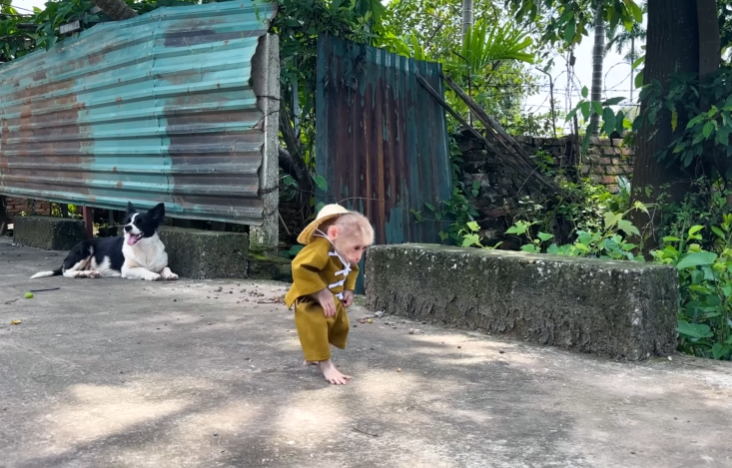
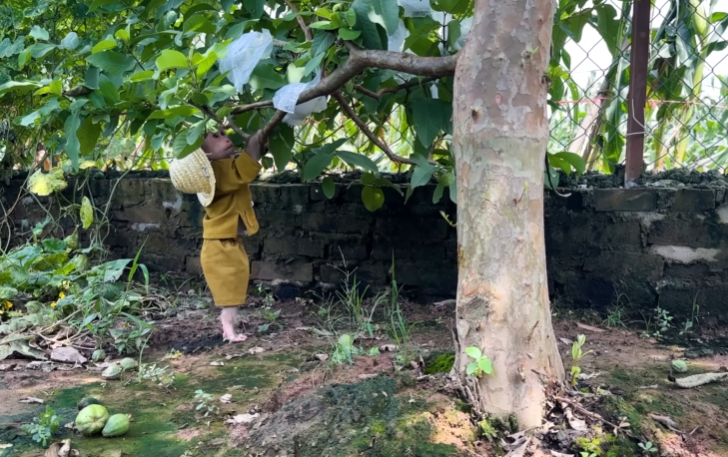
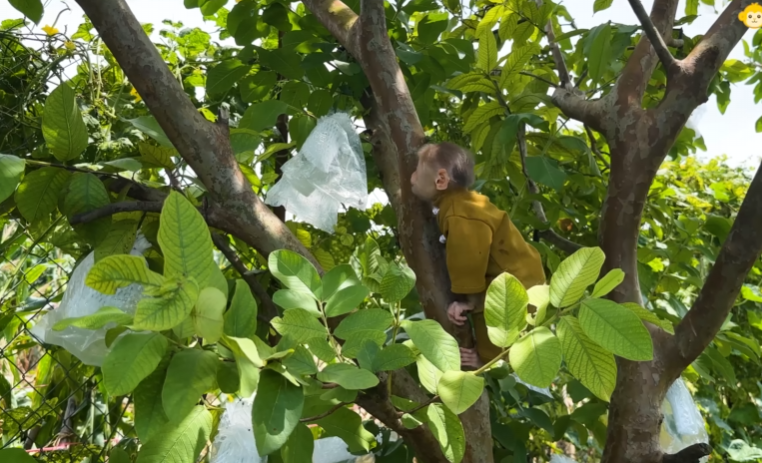
By mid-morning, the garlands were done, and Lala’s fingers smelled like sunshine and perfume. She carried them to the front of the house, where the altar stood—a small wooden table draped with a white cloth. There, she placed the garlands around the edges.
Mom soon joined her, carrying the trays of fruit. Together, they placed the offerings on the altar, adding candles, incense sticks, and a bowl of rice. The table looked like a painting—vivid colors and soft fragrances all blending together.
But there was still more to do.
In the kitchen, a pot of sweet sticky rice was steaming, its aroma drifting through the air. Mom opened the lid and stirred it with a wooden spoon. “Lala, can you wash the banana leaves? We’ll wrap the sticky rice for the neighbors.”
Lala took the big stack of green banana leaves outside. She rinsed each one carefully, making sure no dust or spots remained. The water glistened on the smooth surfaces, and the leaves felt cool under her fingers. When she brought them back, Mom spread the sticky rice on top, added slices of ripe banana, and rolled them neatly.
“These are my favorite,” Lala said, licking her lips. “Can I have one later?”
Mom laughed. “Of course. But first, we share with others.”
By early afternoon, the sun was high, and the preparations were almost complete. Lala helped carry the wrapped banana leaf parcels to a large basket, ready to be given to neighbors and relatives. The rest would be shared after the evening prayers.
“Now, let’s prepare the lanterns,” Mom said.
They brought out a box of colorful paper lanterns in red, yellow, and blue. Some were shaped like stars, others like round moons. Lala helped untangle the strings and insert small candles inside each lantern. She loved how they looked—plain and quiet now, but she knew they would glow like magic at night.
As the afternoon faded into evening, the air in the village grew lively. Children’s laughter echoed from the lanes, and neighbors walked by carrying trays of their own offerings. The smell of incense began to float on the breeze.
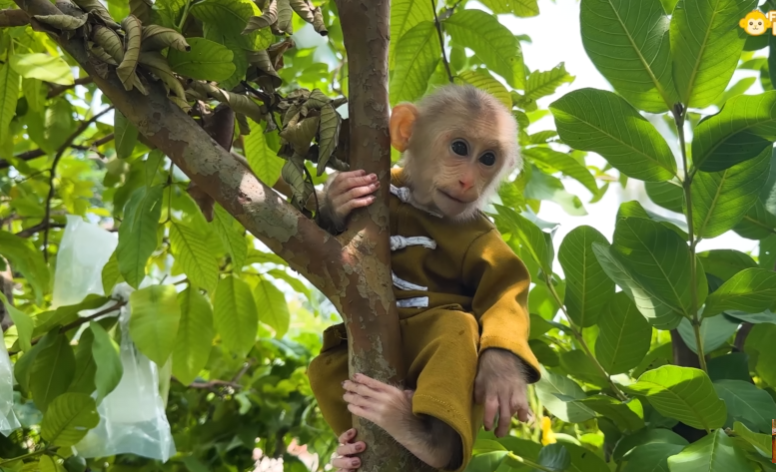
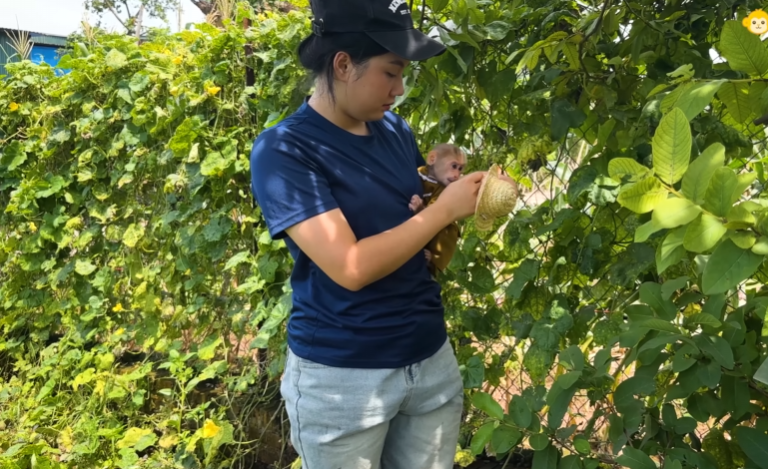
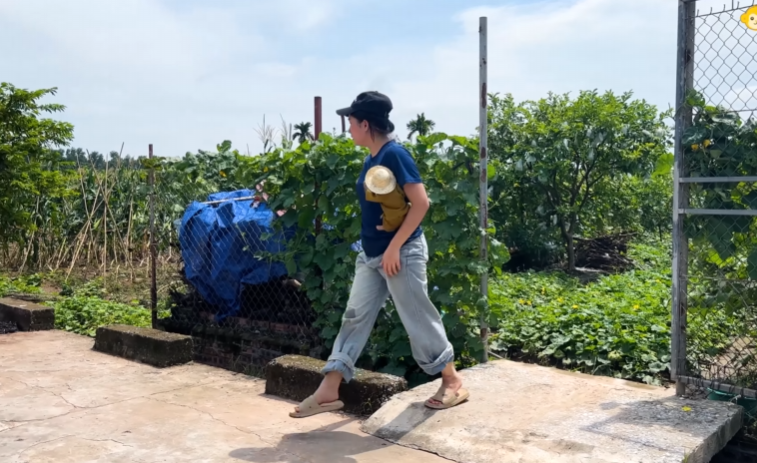
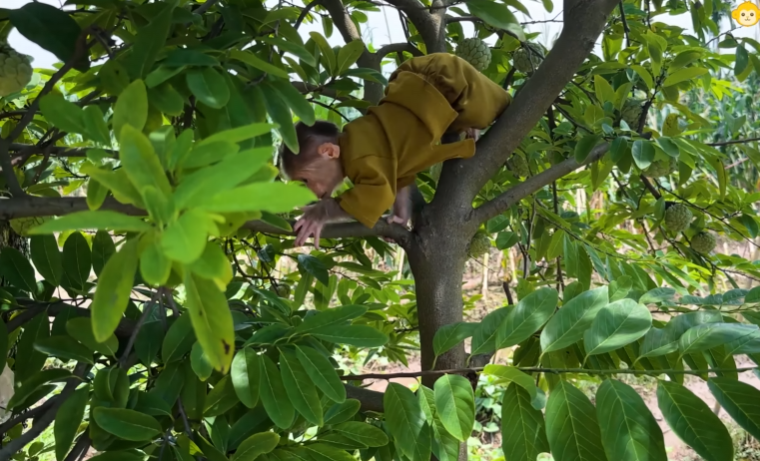
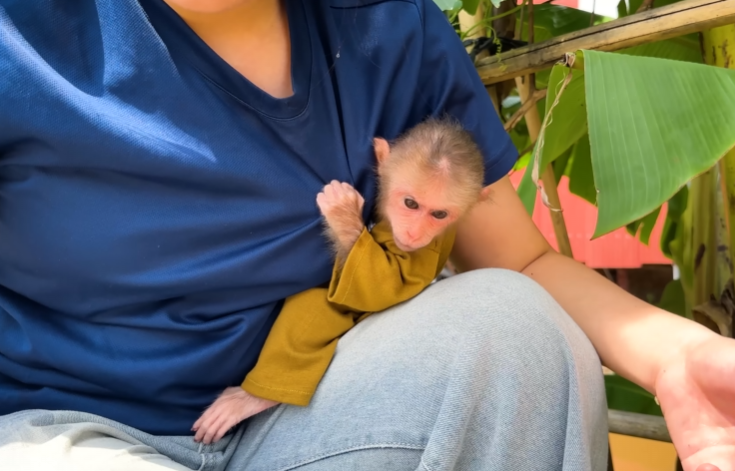
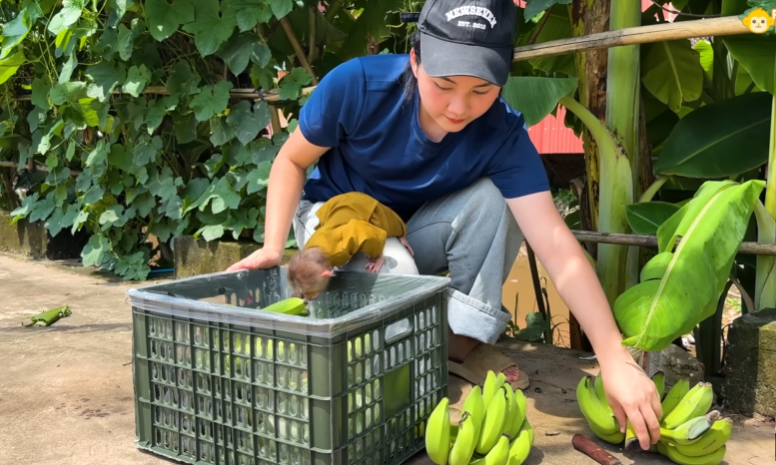
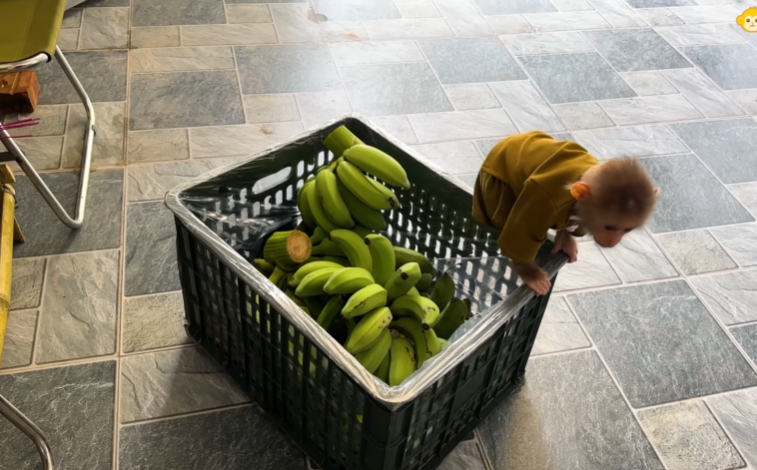
When the moon finally rose—big, round, and glowing softly in the night sky—Mom lit the candles on the altar. Lala stood beside her, holding the incense sticks. Together, they bowed three times, whispering their wishes and thanks.
The night seemed wrapped in silver light. The altar glowed warmly, and the lanterns swayed gently in the breeze, casting playful shadows on the walls.
After the prayers, Mom handed Lala a sticky rice parcel. It was still warm, the banana leaf soft and fragrant. She took a big bite and sighed happily.
“Did we do a good job, Mom?” she asked.
“We did more than a good job,” Mom said, smiling down at her. “You helped from start to finish. That’s what makes this ceremony special—not just the offerings, but the love we put into it.”
Lala beamed. Around them, neighbors laughed, shared food, and admired the glowing moon. She felt proud, warm, and happy—like the moon itself had smiled back at her.
That night, as she lay in bed, she thought about the day. She realized that helping her mother wasn’t just work—it was a way of learning their traditions, a way to give, and a way to feel connected to everyone around her.
The full moon had shone brightly, but in her heart, something shone even brighter: the joy of helping, sharing, and keeping traditions alive.
